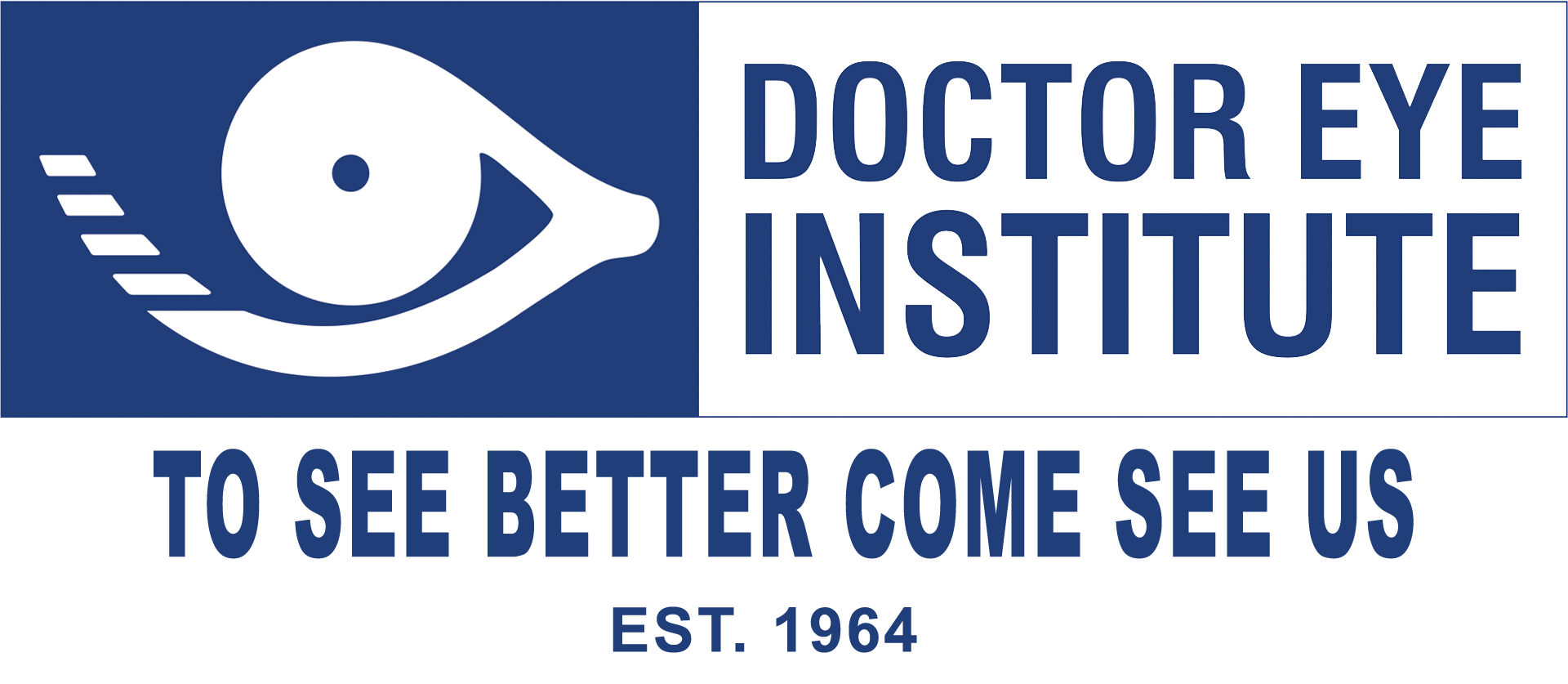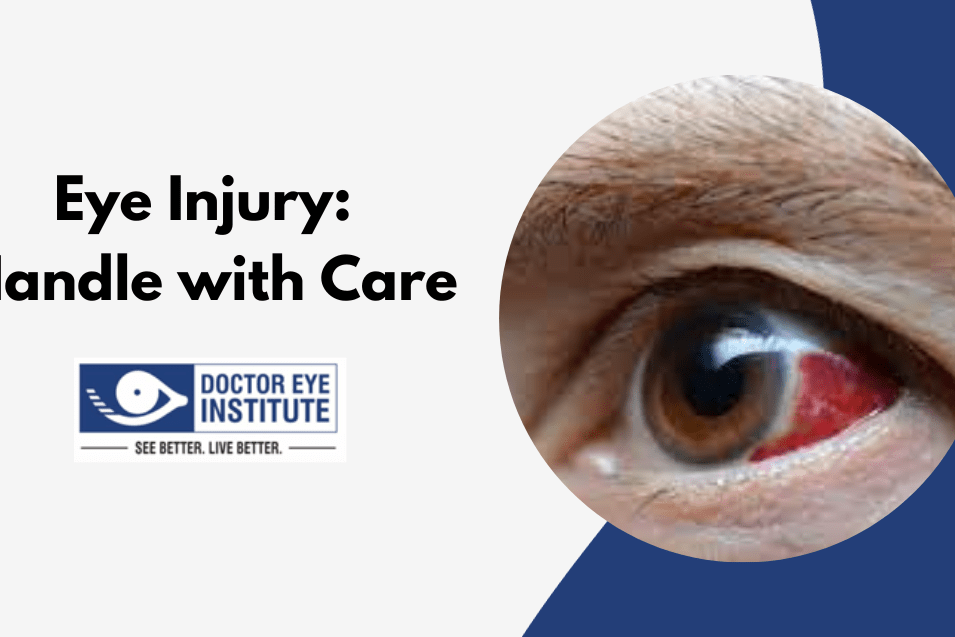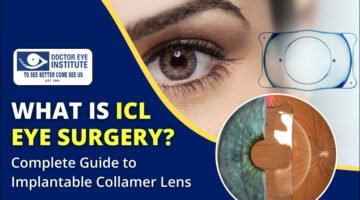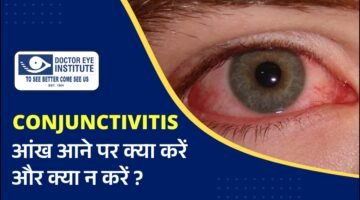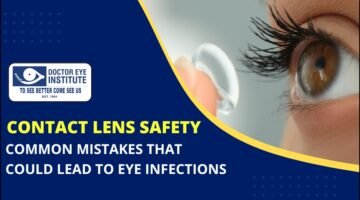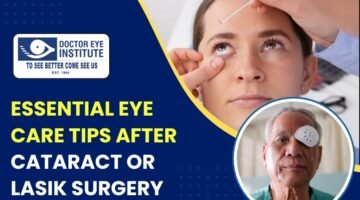Eye Injury: Handle with Care
Eye injuries can happen to anyone, anywhere, and at any time. Whether it’s a small scratch or a more severe trauma, taking the right steps to address an eye injury promptly is crucial. In this blog, we’ll explore the symptoms of eye injuries, understand when it’s the right time to visit an ophthalmologist and answer some frequently asked questions to help you better how to handle eye injuries with care.
Symptoms of Eye Injuries:
Eye injuries can vary in severity, and the symptoms you experience will depend on the type and extent of the injury. It’s essential to recognize these symptoms promptly:
- Pain and Discomfort: If you experience sudden and severe eye pain, it may indicate an injury.
- Redness: Bloodshot eyes can be a sign of an injury or irritation.
- Swelling: Swelling around the eye, eyelids, or brow can indicate trauma.
- Foreign Object Sensation: If you feel like something is stuck in your eye, do not rub it, as this can worsen the injury.
- Tearing: Excessive tearing or watery eyes may be a response to an eye injury.
- Blurred Vision: Sudden changes in vision, such as blurriness or seeing double, should not be ignored.
- Sensitivity to Light: Increased sensitivity to light, or photophobia, can accompany eye injuries.
- Bleeding: If there is any bleeding in or around the eye, seek immediate medical attention.
When to Visit an Ophthalmologist?
While minor eye irritations can often be managed at home, more severe injuries require immediate attention from an ophthalmologist. Here are some guidelines on when to seek professional help:
- Penetrating or Blunt Trauma: If you experience a blow to the eye or a foreign object pierces the eye, visit an ophthalmologist immediately.
- Chemical Exposure: Rinse your eye thoroughly with water for at least 15 minutes if you come into contact with chemicals. Then, seek medical care.
- Persistent Symptoms: If you have any of the symptoms mentioned earlier that persist for more than a few hours, don’t wait; consult an ophthalmologist.
- Eye Bleeding: Any bleeding in or around the eye warrants immediate attention from a medical professional.
- Decreased Vision: If your vision becomes significantly blurred, distorted, or you experience partial or complete loss of vision, seek immediate care.
- Eye Pain: Unexplained or severe eye pain should never be ignored; consult an ophthalmologist promptly.
FAQs (Frequently Asked Questions)
Q1: Can I use over-the-counter eye drops for minor irritations?
Answer: Yes, you can use lubricating eye drops for minor irritations, but if symptoms persist or worsen, consult a healthcare professional.
Q2: Is it safe to remove a foreign object from my eye myself?
Answer: It’s generally not recommended. Try rinsing your eye with sterile saline solution and blinking to remove the object naturally. If unsuccessful, seek professional help.
Q3: How can I prevent eye injuries?
Answer: Wear protective eyewear when engaging in activities with potential eye hazards, such as sports or construction work. Keep chemicals and foreign objects away from your eyes.
Q4: What’s the difference between an ophthalmologist and an optometrist?
Answer: Ophthalmologists are medical doctors who can diagnose and treat eye conditions, including injuries. Optometrists primarily provide vision exams and prescribe glasses or contact lenses.
Your eyes are delicate organs, and any injury or discomfort should be taken seriously. By recognizing the symptoms of eye injuries and knowing when to seek help from an ophthalmologist, you can ensure your eyes receive the care and attention they need to stay healthy and maintain good vision. Remember, when it comes to eye injuries, handling with care is paramount.
If you have any concerns about an eye injury, don’t hesitate to schedule an appointment with the Doctor Eye Institute today. Our experienced ophthalmologists will provide you with the expert care you need to protect your vision.

